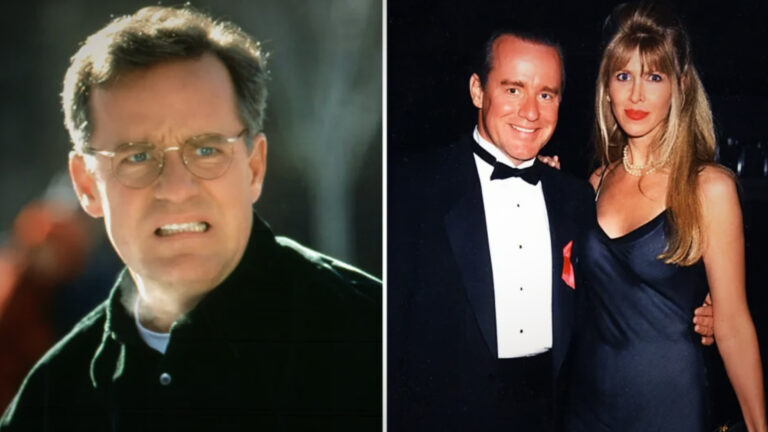Trump’s Sarcastic Remarks on DC Crash Draw Criticism for Lack of Empathy

In the aftermath of a devastating mid-air crash over the Potomac River, U.S. President Donald Trump’s remarks regarding the tragedy have sparked outrage and backlash from the public. On Thursday, the president responded sarcastically when asked if he would be visiting the crash site where a military helicopter and a jet collided, killing all 67 people aboard. His response, which many have deemed insensitive, has raised concerns about his tone and lack of empathy during such a tragic event.
Tragic Incident Claims 67 Lives
The crash occurred on Wednesday night, with a military helicopter and a jet colliding mid-air near Washington D.C.’s Ronald Reagan Airport. Authorities have confirmed that all 67 individuals aboard both aircraft are presumed dead. By Thursday afternoon, more than 40 bodies had been recovered from the Potomac River, as rescue teams continued their search for victims.

Credits: Vocal media
While the incident sent shockwaves through the nation, the public’s focus quickly shifted to President Trump’s response to questions regarding whether he planned to visit the crash site. His remarks, delivered with a dose of sarcasm, caused many to question the level of respect and sensitivity afforded to the victims of the disaster.
Trump’s Sarcastic Response
When questioned about his plans to visit the crash site, Trump reportedly replied, “I have a plan to visit, not the site. Because you tell me, what’s the site? The water? You want me to go swimming?” His comment, intended as a joke, was immediately met with backlash, as many felt that the situation required solemnity and respect.

Credits: PBS
This response quickly went viral, with social media users calling out the president for what they perceived as callousness. Many pointed out that, in a moment of national tragedy, Trump’s words seemed insensitive and inappropriate. One Twitter user remarked, “67 people die under his watch, and he makes a joke? Callous, heartless, completely lacking in empathy.”
A Shift of Blame
Trump’s response to the tragedy didn’t end with the sarcastic remarks. Later in the day, he signed an executive order titled “Immediate Assessment of Aviation Safety.” During his announcement, Trump placed the blame for the crash on President Joe Biden’s administration and diversity, equity, and inclusion (DEI) programs, which he argued prioritize identity over competence.

“We want the most competent people,” Trump said. “We don’t care what race they are. We want the most competent people, especially in those positions.” This statement further fueled the controversy surrounding his response to the crash, with many criticizing his attempt to politicize the tragedy and divert attention from the immediate need for support and healing.
Public Outcry
Trump’s sarcastic comments and subsequent remarks about diversity programs have left many questioning his leadership during times of national crisis. Critics have pointed out that, rather than offering condolences or a more thoughtful response to the loss of life, the president’s tone came across as dismissive and out of touch with the gravity of the situation.
As social media continues to react to his comments, the public’s perception of Trump’s empathy during such disasters remains a hot topic of debate. Many are calling for a more compassionate and measured response from leaders, especially when dealing with tragedies that affect so many families and communities.
Conclusion: A Lack of Empathy?
President Trump’s sarcastic response to questions about visiting the site of the deadly crash has sparked widespread criticism. While his comments may have been intended as humor, they were perceived by many as inappropriate and insensitive given the gravity of the situation. As the nation processes the loss of 67 lives, Trump’s remarks raise serious concerns about his ability to respond with the empathy and compassion that such tragedies demand. In times of crisis, the public looks to its leaders for guidance, support, and, above all, respect for the victims and their families.






